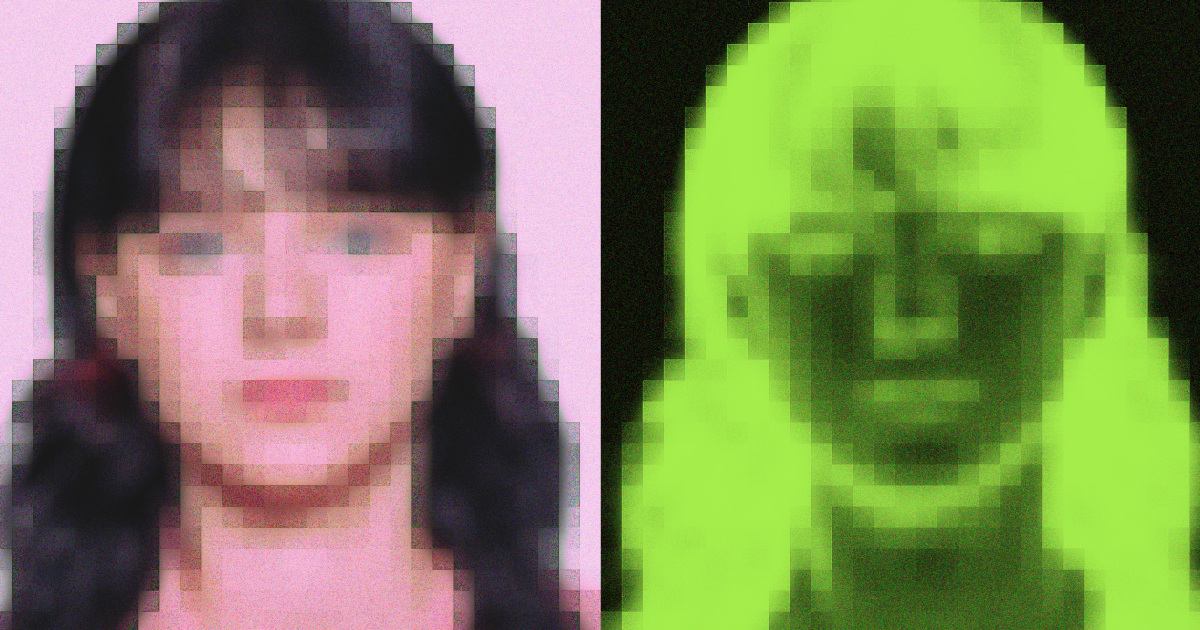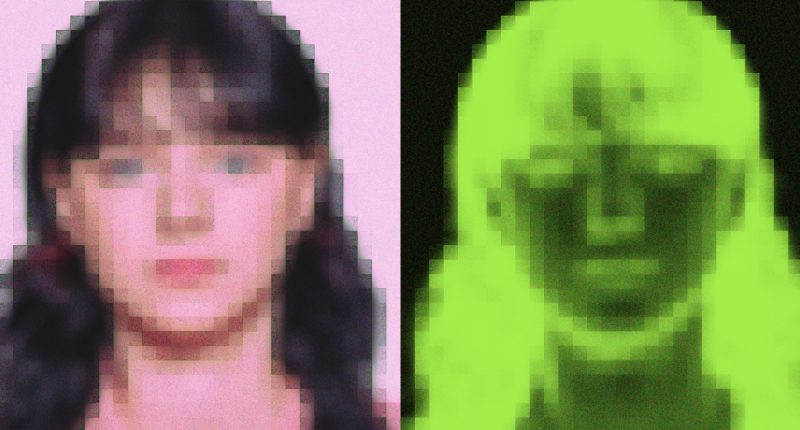
A teenage victim of nonconsensual sexually explicit deepfakes joined Rep. Joe Morelle, D-N.Y., on Tuesday to advocate for a bipartisan bill that would criminalize sharing such material at the federal level.
In May, Morelle introduced the Preventing Deepfakes of Intimate Images Act. The bill was referred to the House Judiciary Committee, but no further action has been taken. In addition to criminalizing the nonconsensual sharing of sexually explicit deepfakes, the measure would also create a right of private action for victims to be able to sue creators and distributors of the material while remaining anonymous.
The production and sharing of nonconsensual sexually explicit deepfakes, which typically use AI to graft victims’ faces into pornographic images or videos, has exploded alongside the accessibility of tools to create such material and websites dedicated to sharing and monetizing it. Currently, U.S. victims are limited by a patchwork of state laws that govern deepfakes, and there is no federal law regarding them.
Since the Preventing Deepfakes of Intimate Images Act was introduced last year, dozens of new deepfake victims have spoken out, including New Jersey high schooler Francesca Mani, who spoke at Tuesday’s news conference. Mani said her school administration told her on Oct. 20 that male classmates had created and shared sexually explicit deepfakes of her and more than 30 other girls. She has never seen the images and said she was told they were destroyed.
“This issue is pretty black and white,” Mani said. “No kid, teen or woman should ever have to experience what I went through. I felt sad and helpless.”
“I’m here, standing up and shouting for change, fighting for laws so no one else has to feel as lost and powerless as I did on Oct. 20th,” she said. “The glaring lack of laws speaks volumes.”
Morelle emphasized the scale of the issue.
“Deepfakes are happening every single day to women everywhere,” Morelle said. “This isn’t just celebrities. This is everyday people all over the United States.”
After he heard about what happened at Mani’s high school, which is in his hometown, Rep. Tom Kean, R.-N.J., became the first Republican co-sponsor of Morelle’s bill. He also introduced another bill, the AI Labeling Act of 2023, in November. The measure would require generative AI tools to put clear and conspicuous disclosures on AI-generated content, including text from AI chatbots.
The lack of legislative movement around deepfakes has raised concerns about the technology’s potential to disrupt the 2024 election cycle. A legal expert who specializes in nonconsensual intimate imagery, Mary Anne Franks, who Morelle said helped inform the bill, said deepfakes have already targeted female politicians.
“For women and girls, the AI threat is not around the corner. It is here,” Franks said at the news conference.
Source: | This article originally belongs to Nbcnews.com










